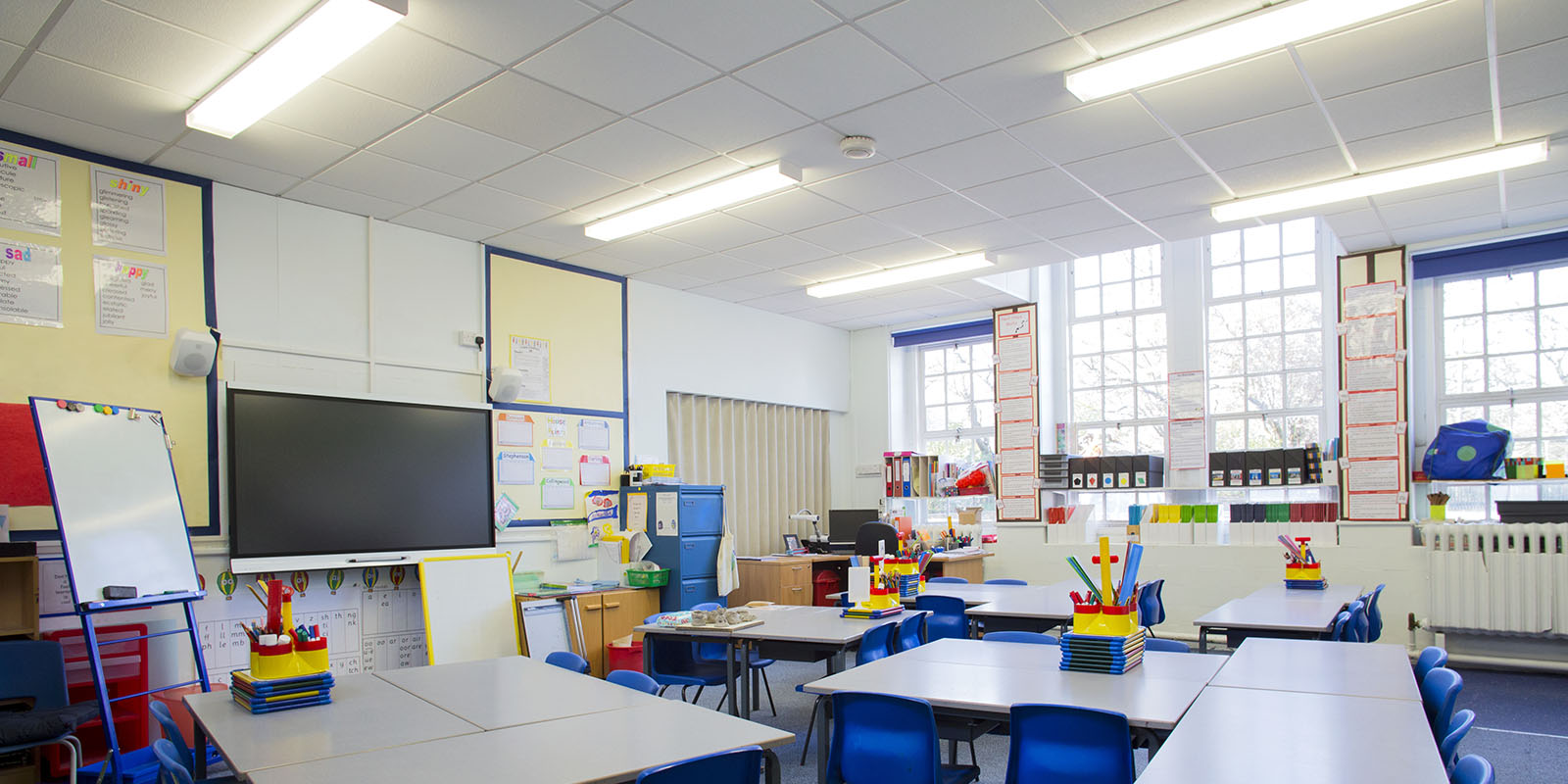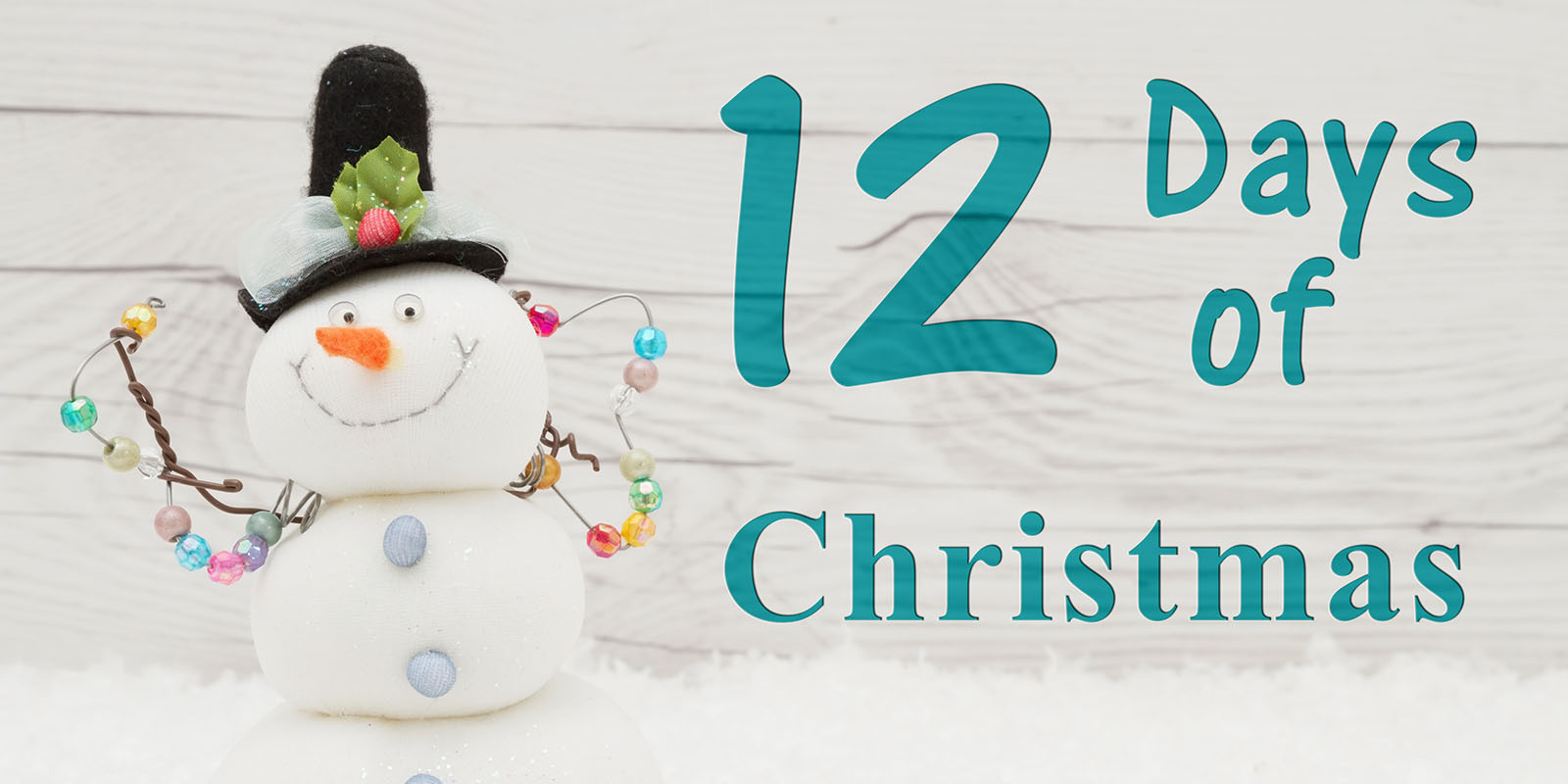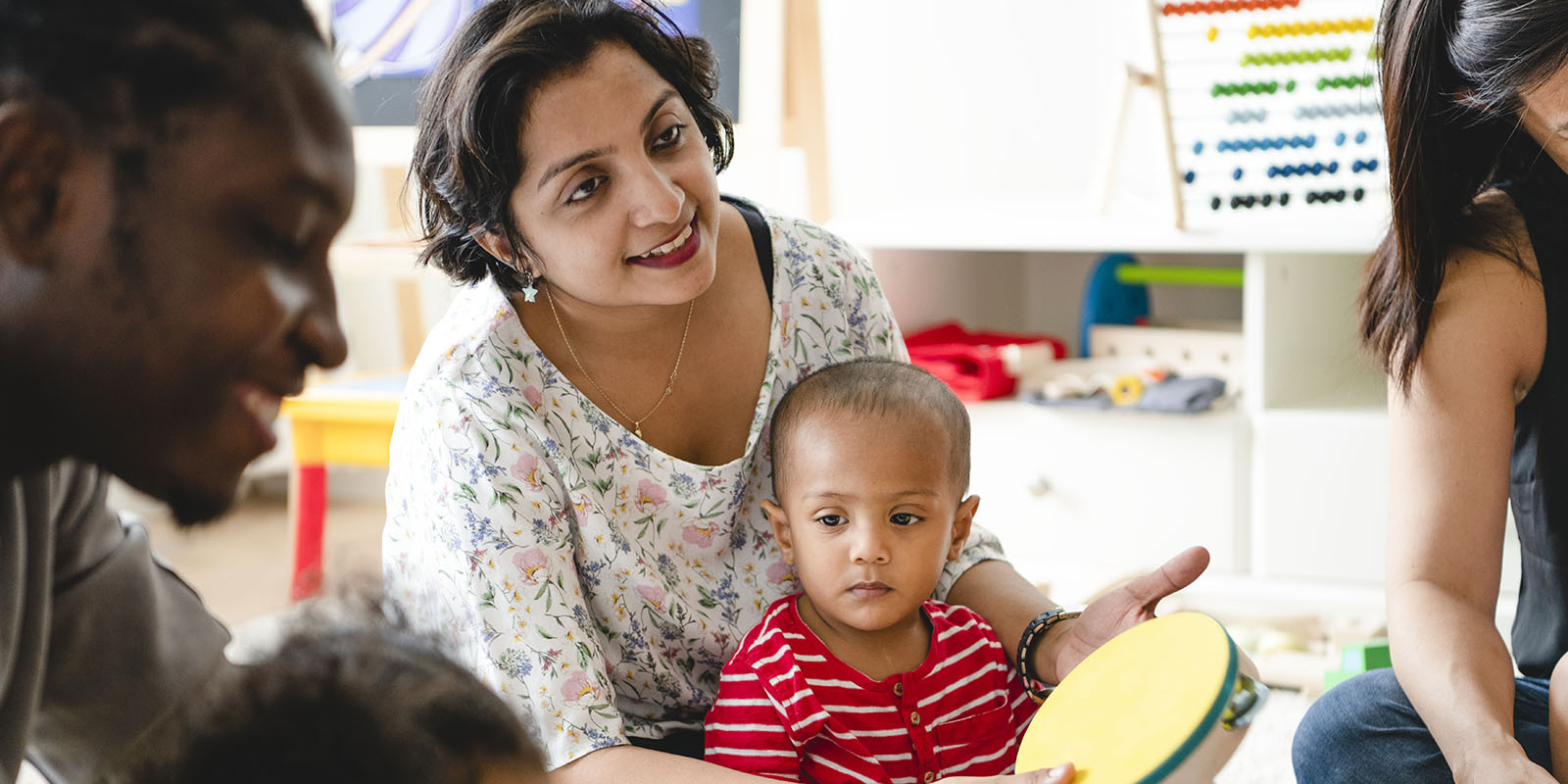Many teachers will learn that assessment is either summative or formative. But how many actually know the etymological meaning of the word ‘assessment’?
According to Evangeline Harris Stefanakis (2002), “The word assess comes from the Latin assidere, which means to sit beside. Literally then, to assess means to sit beside the learner.”












